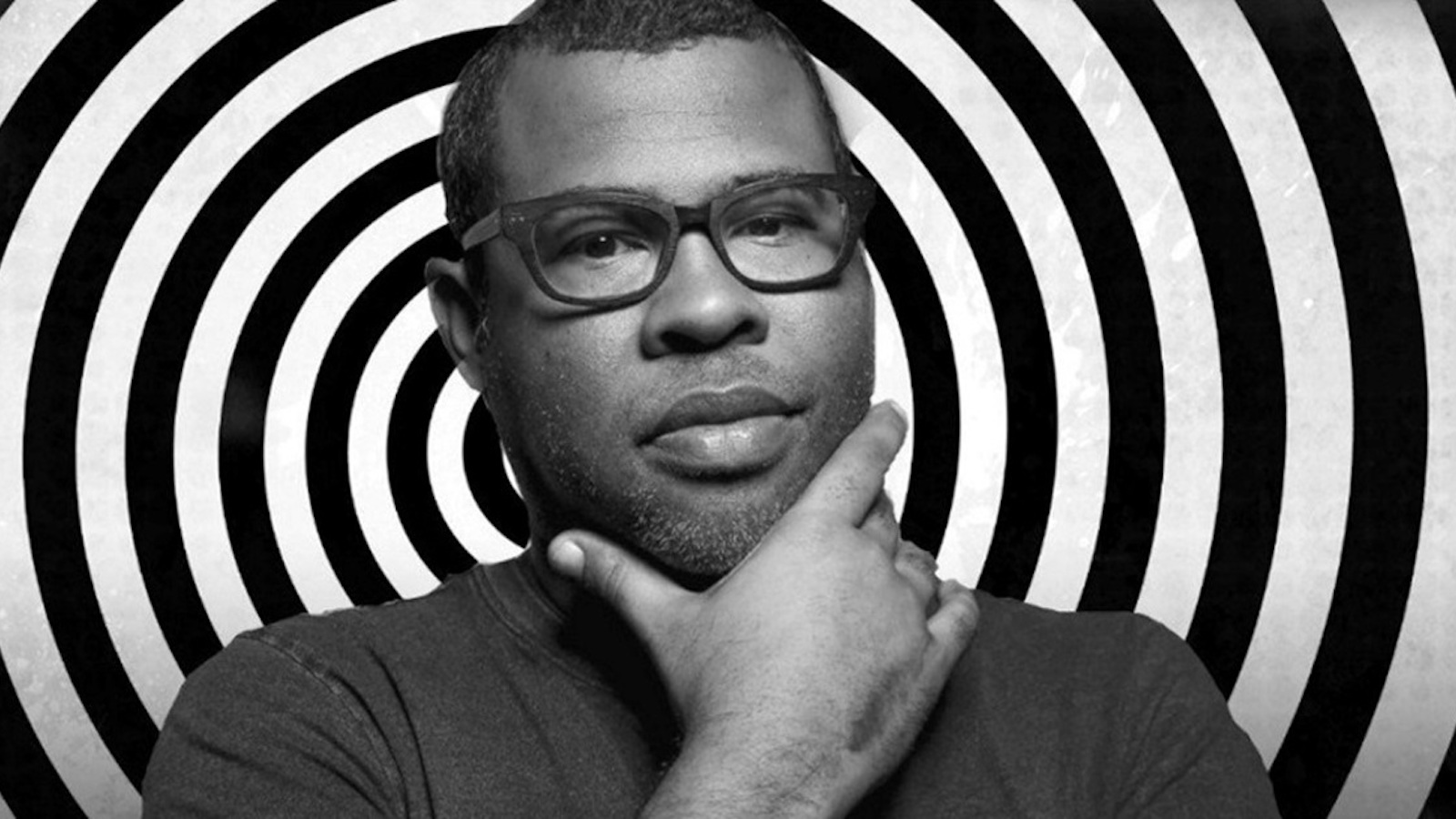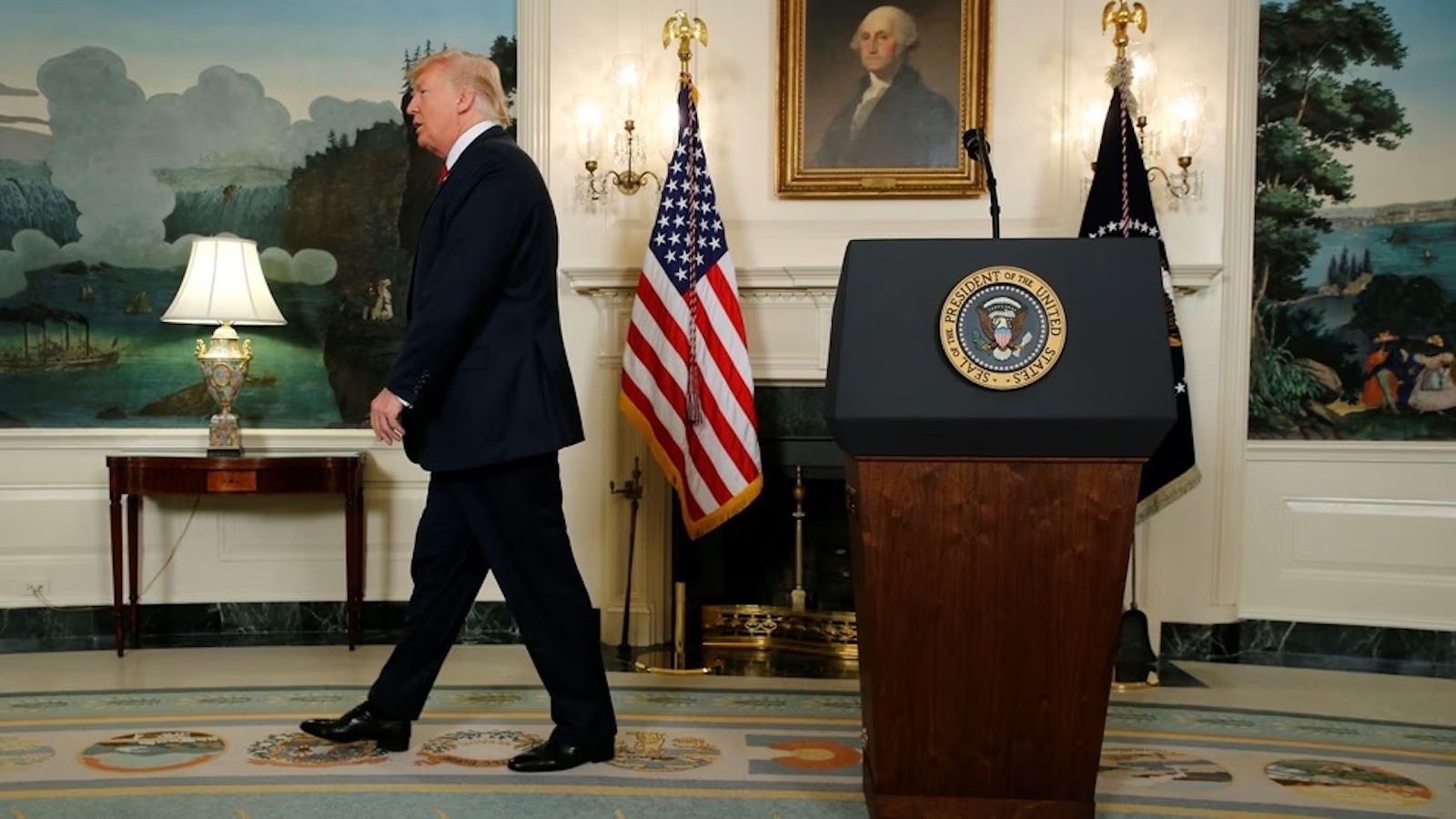
America’s Fear of The Twilight Zone
While rewatching the first several seasons of the CBS classic, The Twilight Zone, in anticipation of the Jordan Peele reboot, it’s easy to remember why the prolific storytelling and immortal sci-fi tropes have fascinated American TV viewers generations later. While the stories of the talking doll and aliens coming to Earth only to kidnap us so they can feast on humanity tend to be lampooned and copied throughout popular culture, the overall themes of displacement and total annihilation are what keep the mythos of the show alive. What makes The Twilight Zone such a remarkable program is that its storytelling is capable of reflecting the fears of yesterday while at the same time projecting the fears of tomorrow.
When show creator Rod Serling and his writers were crafting, writing, and producing the hit series, their generation had fought and lived through the most destructive war in human history. For them, the threat of Nazism was not one of rhetorical insults but that of a real threat to the safety of humanity. On top of that, the constant, looming presence of the atomic bomb echos either literally or metaphorically throughout the series, as everyday normal Americans had to go about their days knowing death could come from the sky at any time.
What makes The Twilight Zone a series for every generation is that it is a show less about making up fantasy stories for pure entertainment, and more about fleshing out our own unique nightmares so audiences can better understand them face-to-face.
From waking up to a world not our own, to losing free will because of forces outside our control, The Twilight Zone is ultimately a metaphor for encountering situations that defy our comprehension and refusing to admit to them regardless of how real they seem.
For Serling’s generation, The Twilight Zone examined their fears of alien threats as America jumped into the space race and how sole survivors could live in a world devoid of human life if perhaps, an atomic bomb went off or people simply vanished without a trace. Generations later, younger viewers are captivated by the show which lives on in syndication and online streaming because of its unique tone, which is so different from modern films and shows. People like myself in their twenties watch it and see good science fiction, but generations before mine saw the terrors in their heart on TV.
Now, as a new Twilight Zone is set to launch so very soon, the show has some incredible burdens. One, it must once again bravely retell the eternal fears of humanity from the absurd to the uncanny, while secondly bringing to life the nightmares and harsh realities of a new generation. While those living today might not happen to worry about the threat of the atomic bomb, the threat of rogue artificial intelligence is a popular trope gaining traction with each and every new technological advancement. While we may not fear extraterrestrial invaders coming tomorrow, we do fear villains of malintent using our private data and online identity to ruin our reputations, finances, and very lives. Instead of walking simply into a parallel dimension, many Americans today fear a reality where the basic tenants and facts of life are rejected or changed so they may be placed the altar of political correctness and social justice.
While shows like Black Mirror on Netflix run with a Twilight Zone style of storytelling to explore our fears of technology, The Twilight Zone will always remain special and alive because no topic is too taboo for it, and much like the series did from the 1960s onward, it exposes us to concepts, questions, and fears we probably didn’t even realize we had.
In America, our fear of what The Twilight Zone symbolizes is less about what we imagine we are heading towards, and more about our lack of control over forces of nature and the world around us we are ultimately powerless against. If the new series is as good as the old one, it’ll make us question our lives and the world around us, once again in a media and entertainment environment telling us to shut down our brains, watch, and obey.
Free the People publishes opinion-based articles from contributing writers. The opinions and ideas expressed do not always reflect the opinions and ideas that Free the People endorses. We believe in free speech, and in providing a platform for open dialogue. Feel free to leave a comment.



